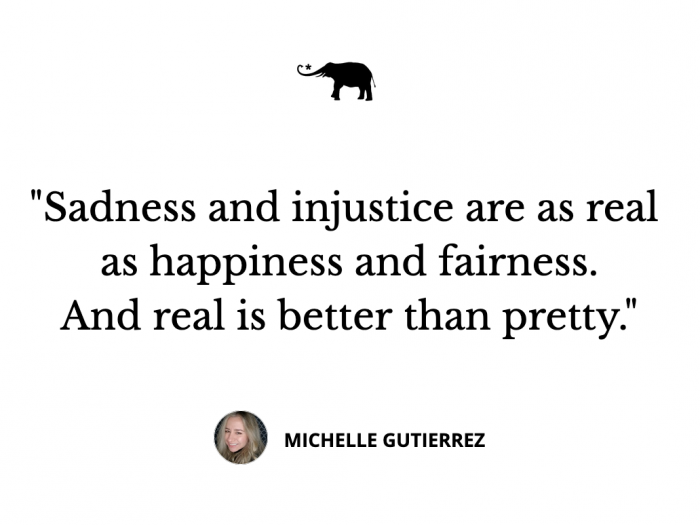Charles Dickens was my best friend growing up.
Sitting down on the ceramic floor with legs crossed and my heart excited to turn to the next page, my white and light blue dress all wrinkled from the floor.
I didn’t care. (No, I don’t have a mental disorder.)
I would slouch as if inside a cacoon, grab the open book and bring it so close to my face. It would be just me, Charles’s words, and the dirty streets of an old London I have never known.
I was around 11 years old when I found his book. Even though many of the words I read were unknown to me at that time, I understood the story. It became a mission for me to understand what this writer, Charles Dickens, was talking about.
The book lived on the recycle pile of must-reread books. It lived next to the gone-to-war-and-came-back-looking paperback stories.
When I felt lonely, I would go to the book. Charles’ words knew every hidden spot inside the house.
Oliver Twist is the best book by Charles Dickens. This story gave me hope, more than a bible or going to church. (Church honestly just meant falling asleep in the middle of it. Hoping my beautiful sister and me would get some snacks after the tedious event. Good memories.)
I have bought the book multiple times to make sure that, no matter my change of address, it can always live with me.
“Prowling about the rooms, sitting down, getting up, stirring the fire, looking out the window, teasing my hair, sitting down to write, writing nothing, writing something and tearing it up…” ~ Charles Dickens
Here are four ways Oliver Twist’s story inspired my heart growing up:
1. No matter how sad and unfair life can be, we can always choose to see the good in people.
In the story, Oliver Twist is a young orphan who goes through many unfortunate events. Never really shown much love or compassion, and growing up surrounded by misery, he grew up to be a noble kid. He was hopeful, honest, and could always see the good in life and people, even among the most dishonorable characters.
And I grew up, hoping to be like Oliver was. No matter how difficult some days were, I promised myself to try to be optimistic, loving, and never forget that there are always beauty and blessings in our lives as much there are sad, bad experiences.
There are good people out there, not just bad.
2. Charles Dickens really knew how to paint an ugly picture.
Up to this day, it still amazes me the amount of detail and specificity he used to describe things, moments, or even people in his book.
Even being just a little kid and never actually traveled far, I could picture the dirty, cobblestoned streets he spoke about. The cold, rainy weather and the dirty malicious characters, he described. You could imagine the evil characters, dirty, smelly, ugly from within their hearts.
To genuinely see—to analyze—not just one side of the coin, but everything in it and around it.
3. He never colored misery with light pink.
He will tell it as it is—poverty, dirty streets, mistreated children by abusive adults, the sad lives of starving kids living in orphanages. I learned from his writing that things don’t have to sound dramatic or be sugarcoated.
Sadness and injustice are as real as happiness and fairness. And real is better than pretty.
4. If a little kid, with not much experience, no real family, and nothing in life but himself, could leave awful experiences behind and turn his life around, so could I!
Growing up, our environments are not always the healthiest or the most nurturing when it comes to family.
Every time I read this book, it gave me this feeling that somewhere outside and somewhere in the future, I could live a beautiful life—a life surrounded by good people and love.
I would picture my brothers and sister smiling, the result of a happy life we would all have.
I think we all have had books that are not just words and paper, but are our friends, our inspiration. They are that fire that lights our hope and keeps it alive.
When I question if words can have an impact on people’s lives, I just think back to turning the pages of this novel—a story written in the 1830s—and how it touched my heart growing up.
I was giving my young self a friend when no one was around, strength to hope that like Oliver, I, too, could turn my life around. Thank you, Charles.
“Suffering has been stronger than all other teaching, and has taught me to understand what your heart used to be. I have been bent and broken, but—I hope—into a better shape.” ~ Charles Dickens











Read 29 comments and reply